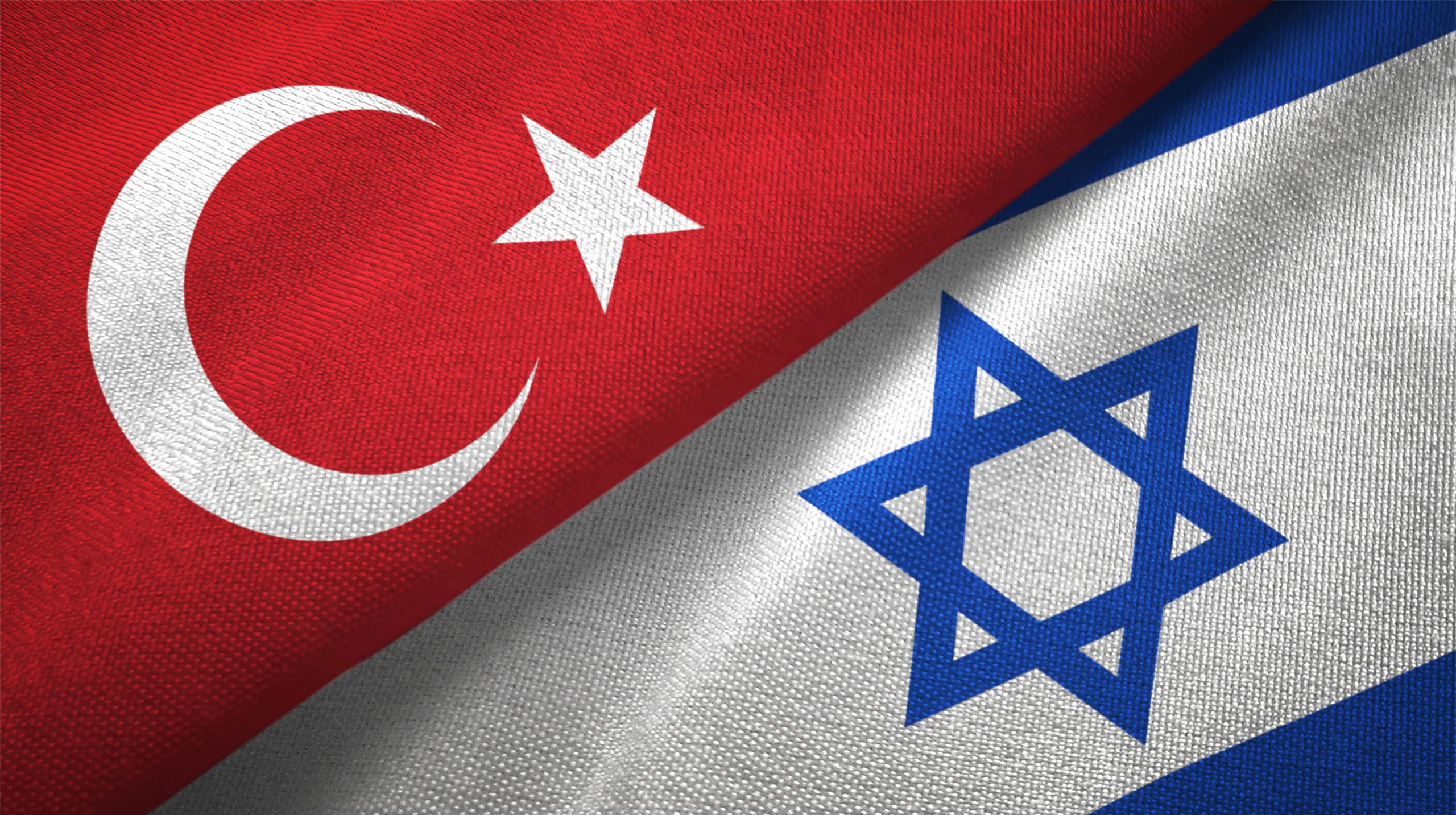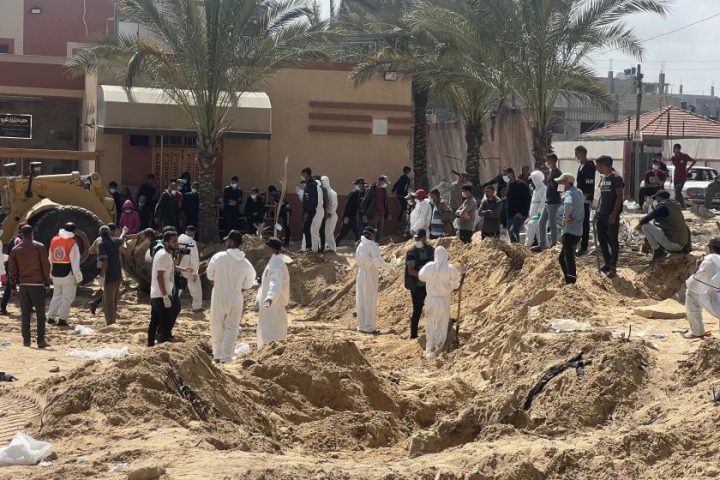We have often emphasized that the Gaza issue is not limited to Gaza, and that the war is being waged with the aim of regional expansion. Today, the minds running Israel are taking action to realize a project they describe as “Greater Israel”, even at the cost of meeting the conscience of humanity. The US, the UK and the EU are somehow part of this process.
From a geopolitical point of view, there is no power in the region that can stop this bloody step of Israel. The Arab world, which neighbors Israel in one way or another, is playing the Three Monkeys. The Gulf, especially the UAE and Saudi Arabia, have repeatedly stated from the very first days that they remain loyal to the Abraham Accords and will not change their position even if Gaza is leveled to the ground. Jordan should not even be taken seriously. Egypt is in deep silence. Its only concern is to prevent an influx of Palestinians through the Rafah crossing.
- Iran’s bombing of Erbil!
- Behind the scenes in Davos: escort ladies, caviar and desserts topped with gold leaf
The only force of resistance is Iran and the Iranian-allied elements in the so-called Shiite Crescent. Now let’s pay attention. Since the beginning of the war, Hezbollah and Iran have made it clear that they have nothing to do with the Hamas resistance that began on October 7th and that they do not want to be a party to the war. Only far away, the Yemeni Houthi elements openly declared war on Israel. This resulted in the closure of the Red Sea. The US – Houthi war has begun. To be honest, I don’t take this seriously from a military point of view either. It seems that the fight there, which I find tragicomic, will continue. In other words, neither the US will invade Yemen nor the Houthis will stop their attacks. The sides will shoot each other in return.
Israel is persistently doing everything it can to involve Iran in the war. It is possible to interpret this as “Israel wants to end Iran”. However, if we take a breath and calmly evaluate the situation, it will become clear to us that this goal is not beneficial for Israel at all. Let us assume that Iran is brought into the war. Let’s say an Iran-Israel war starts. Technically, it is impossible for Israel to win this war on its own without involving the United States and its allies. In fact, we can say that Israel is closer to losing this war. We can assume that the United States will not look favorably on this possibility, based on its statements such as “Let the war not spread”. But more importantly, it is important to realize that even if Israel wins an all-out Israeli-Iranian war, it will be the loser. Israel needs Iran in order to realize its Greater Israel project. If there is to be a real Israeli-Iranian showdown, it can only happen after Israel establishes its absolute dominance in that geography. To be honest, I cannot say that I think this is very possible either. I think that the primary goal for Israel is to seize strategic areas in Lebanon and Syria. So I would not be surprised if an Israeli-Hezbollah war breaks out. But even if this happens, Iran will not enter the war with its body. I have pointed out that it is very difficult, but let’s say they succeed in this, and even achieve what they want from Syria, their next step is to create a security belt for themselves. And it will do this by creating an autonomous Kurdish belt under the leadership of the PYD, which has been greatly expanded with the engineering of the US.
The PYD-Kurdish belt, which is probably nationalized through an autonomous status, means taking territory from Syria and Iraq. It is unthinkable that neither Iraq nor Syria can prevent this in their current state. This belt will simultaneously occupy both Turkey and Iran. In fact, this is an acceptable situation for Iran. Both in Syria and Iraq, Iran will be able to continue to keep the war at a distance from itself by activating elements loyal to it. This unstable belt will serve a very critical function for Israel. On the one hand, Iran, its sworn and eternal enemy, will continue to exist; on the other hand, the conflict will evolve into a blood feud between a Kurdish entity centered on the PYD, supported by Israel and, of course, the United States, including the PUK and the KDP, and elements like the Hashd al-Shabi, supported by Iran. It would also be possible to add a religious dimension to this and turn it into a Sunni-Shia issue. As a result, both Iran and Israel will be relieved in this equation.
This possible scenario has much more serious consequences for Turkey. I believe that Israel intends to use this belt as a double-edged sword. Yes, it seems that it will use this knife against Iran at first. But we can be sure that it will use it against Turkey in time. This sharp belt can be kept quite far away from Iran’s soft underbelly, but the same cannot be true for Turkey. The PYD belt is a direct security issue for Turkey. Can Turkey and Iran come up with a joint stance in this context? I should note that I have my hesitations. Iran would have no objection to Turkey being one of the parties in order to relieve the pressure on the Kurdish PYD belt for itself, or even if the issue evolves from a Sunni-Shiite conflict to an outright Turkish-Kurdish conflict over time.
Developments, especially the escalation of Israel-Turkey tensions, do not bode well. The events in Iraq, which have led to the painful loss of our soldiers, point to this. In Israel, it is a given that Iran is perceived as a threat, but the perception and assessment that “Turkey is the real enemy” is intensifying among the Israeli authorities and the Israeli public opinion that supports them. The first is a collusion; the other is a concrete reality that is coming into sharper and more and more focus.





